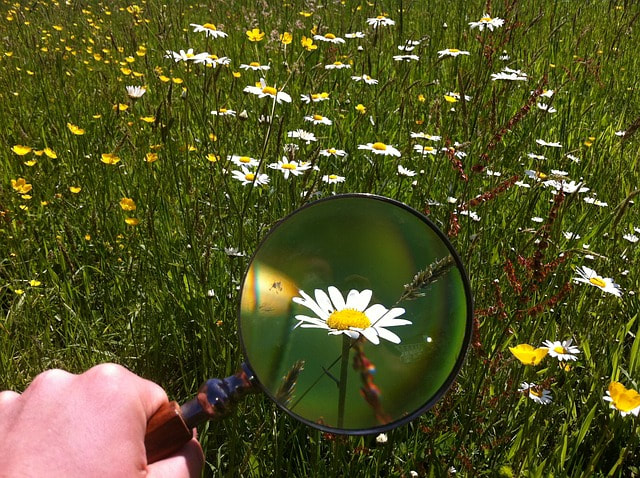Low vision can be caused by a variety of eye conditions. One of the leading causes of low vision is age-related macular degeneration (AMD). Living with low vision can make performing everyday activities challenging. For example, losing the ability to drive or read the newspaper can make people feel cut off from the outside world.
Fortunately, there are several things people with low vision can do to maintain their independence and maximize the vision they have remaining. Consider Vision Rehabilitation
Going through vision rehabilitation may be helpful for people living with low vision. Although rehabilitation won’t restore vision that has already been lost, it can help someone learn new ways of doing things. Vision rehabilitation specialists provide education and training to people with low vision. For example, a specialist may perform a home assessment to identify ways to adapt or modify a home to be more suitable for someone with low vision. This could include furniture positioning, room arrangement, lighting, and more to improve safety, efficiency, and functioning.
Vision rehabilitation also teaches people with low vision how to use vision aids and complete daily activities, such as cooking, doing laundry, and putting away groceries. Mobility training, such as taking public transportation may also be included as part of a vision rehabilitation program. Specialists are also a good source of information on local services and might recommend specific devices based on individual needs. If you are looking for a vision rehabilitation program in your area for you or a loved one, contact your or your loved one’s eye doctor or ophthalmologist for recommendations and a referral. Find Useful Low Vision Aids
Low vision aids can help people with low vision maintain their independence and make doing certain tasks easier, including:
Speak with your eye doctor and vision rehabilitation specialist about appropriate low vision aids for your loved one. You can also visit a medical supply store or search online for more options that could be right for you or your loved one. Organize Home for Safety, Functionality & Efficiency
If you have low vision, there are things you can do to make navigating your home safer and less challenging. Sometimes even a small change can make a big difference. Consider the following tips:
These are a number of suggestions you can consider for organizing your home in a safe and effective way. When it comes to making your home safer, skies the limit. Consider your spaces, the things you have in those spaces, and how you or your loved one use those spaces and things, and get creative. Invite family members over to help think of options and problem solve. Even consider making it a game of how you can make your home environment as safe and functional as possible to make it more fun. General Coping Suggestions for People with Low Vision
Receiving a diagnosis of low vision can come with lots of emotions, from sadness and disbelieve to overwhelm and despair, especially at first. Learning as much as possible about low vision, taking control of health and an active role in treatment, and finding ways to still do beloved activities can help. In particular, learning about your particular condition and how it can be treated is critical. Depending on the cause of your vision loss, treatment may be available to help you preserve and maintain the vision you have.
It’s also vital to seek support and remain active. According to research in the journal Ophthalmology, published by the American Academy of Ophthalmology, people with irreversible vision loss are at an increased risk of developing mental health issues, such as depression. Having a strong support system and staying engaged in activities you enjoy can help improve your quality of life and wellbeing. To learn more about low vision, please watch the following video: While having low vision presents new challenges, it does not mean you have to give up all of the activities you enjoy. Your ophthalmologist is a great source of information on ways to adapt to low vision and devices that may be helpful. If you have any questions about low vision or you would like to schedule an appointment with one of our eye doctors, please call our office at 508-746-8600. We are here to help in any way we can. Comments are closed.
|
EYE HEALTH BLOGCategories
All
Archives
July 2024
|
|
Kadrmas Eye Care New England
55 Commerce Way, Plymouth, MA 02360
14 Tobey Road, Wareham, MA 02571 133 Falmouth Road (Rt 28), Mashpee, MA 02649 |
Phone Number:
1-508-746-8600 Hours: Monday through Friday — 8 AM – 4:30 PM |


 RSS Feed
RSS Feed
